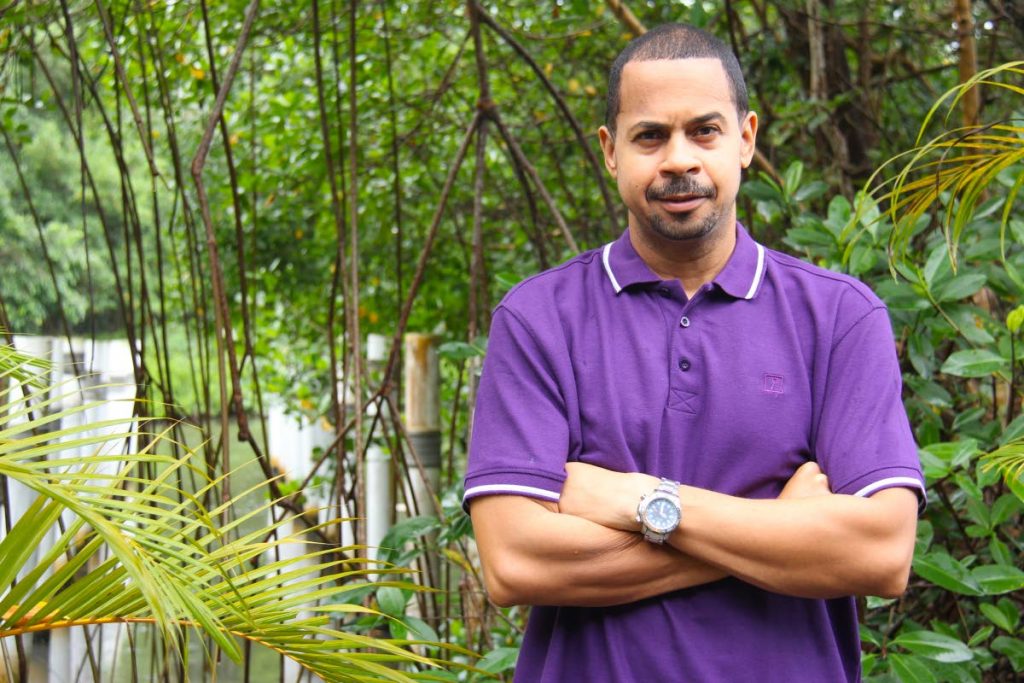The water chronicles

WATER RESTRICTIONS and shortages affecting communities across the country, particularly in central and south Trinidad, have made life in TT even more difficult.
On the one hand, there are voices suggesting some conspiracy at play targeting certain ethnic groups. So WASA must be using a discriminatory, ethnicity-based water distribution model.
On the other, we are getting the usual line from the Minister of Public Utilities and WASA that the water crisis is a direct result of a particularly harsh dry season. We are being told that, for the most part, this is act-of-God stuff. Maybe we should take it up with him.
It’s safe to say, however, that any fears of a conspiracy afoot are overblown. Our public utilities have a long history of “discriminating” against all citizens equally.
The Water and Sewerage Authority has been around for more than 50 years. The first shoots of what would become WASA sprang from the devastating water riots of 1903. They inspired attempts by the colonial government to centralise water distribution and wastewater services.
Presumably, the goal was to eventually create a more equitable model of distribution. If history is anything to go by, it seems like we are overdue for some more water riots.
Growing up in Diego Martin, the availability of water was an ever-present worry. My family didn’t have water tanks like some of our better-off neighbours. As such, we resorted to my father’s budget water storage methodology: Clorox bottles stretching as far as the eye could see.
In a sight that would make clutter-buster Marie Kondo burst into flames, there was an entire room in our home dedicated to these recycled bleach bottles. My father was recycling long before it was even a thing, except today it’s been rebranded as hoarding.
Water in the Clorox bottles stood in for the wildly capricious pipe-borne supply. They’d be used for flushing toilets and bathing, certainly more often than probably any doctor would recommend. You see, the Clorox bottles always contained residual amounts of bleach. Were it not for WASA’s sketchy supply, I would probably have a much darker complexion than I do today.
While we thought it was tough in the West, we knew there were many others suffering under circumstances infinitely worse.
I often spent a lot of time liming by close friends living in Cascade. WASA couldn’t pump water up to Mt Hololo where they lived, but NASA was putting people on the moon. Their water problems made me ashamed to even mention mine.
It was not unusual for them to go weeks on end without any activity in their taps. Sure, the taps would occasionally hiss seductively with the promise of this precious resource. The plumbing, however, would then dash the spirits of the dirty hopefuls gathered with towels, soap and Lomotil in hand.
Often, their only respite was the standpipe at the bottom of the hill. Many times I made the pilgrimage with my friend to this community water source to fill a large container that supplied their drinking and cooking needs.
People would often stare at us as they drove by the standpipe. Thinking back on it now, it must have seemed odd to passers-by to see a “whiteboy” (as my friend was and probably still is) filling a container with several natty dread in the line behind him.
Again, our public utilities discriminate against us all equally. Some can afford water tanks and pumps and many others cannot. Some have contacts and others are nobodies. Some people succeed while others suck salt.
Still, our stories are nothing next to the reality that a great many people in this country have never had a pipe-borne supply in their homes. Living without water for just one week is sheer hell. Enduring months or years of an unreliable or non-existent supply is almost unimaginable. Some citizens, however, need not imagine as it is their day-to-day.
Hearing the words “brace for worse” must feel a lot like being told of a grim medical diagnosis. WASA hasn’t made the best use of its more than half a century on Earth and the billions flowing through that entity since the dawn of its existence.
Years of toxic corruption and political interference coupled with the destructive undertow of warped trade union ideologies have compounded the suffering of the people of TT.
Our pain isn’t due to drought and low reserves. It is owed almost entirely to a drought of integrity and competence that knows no season.

Comments
"The water chronicles"